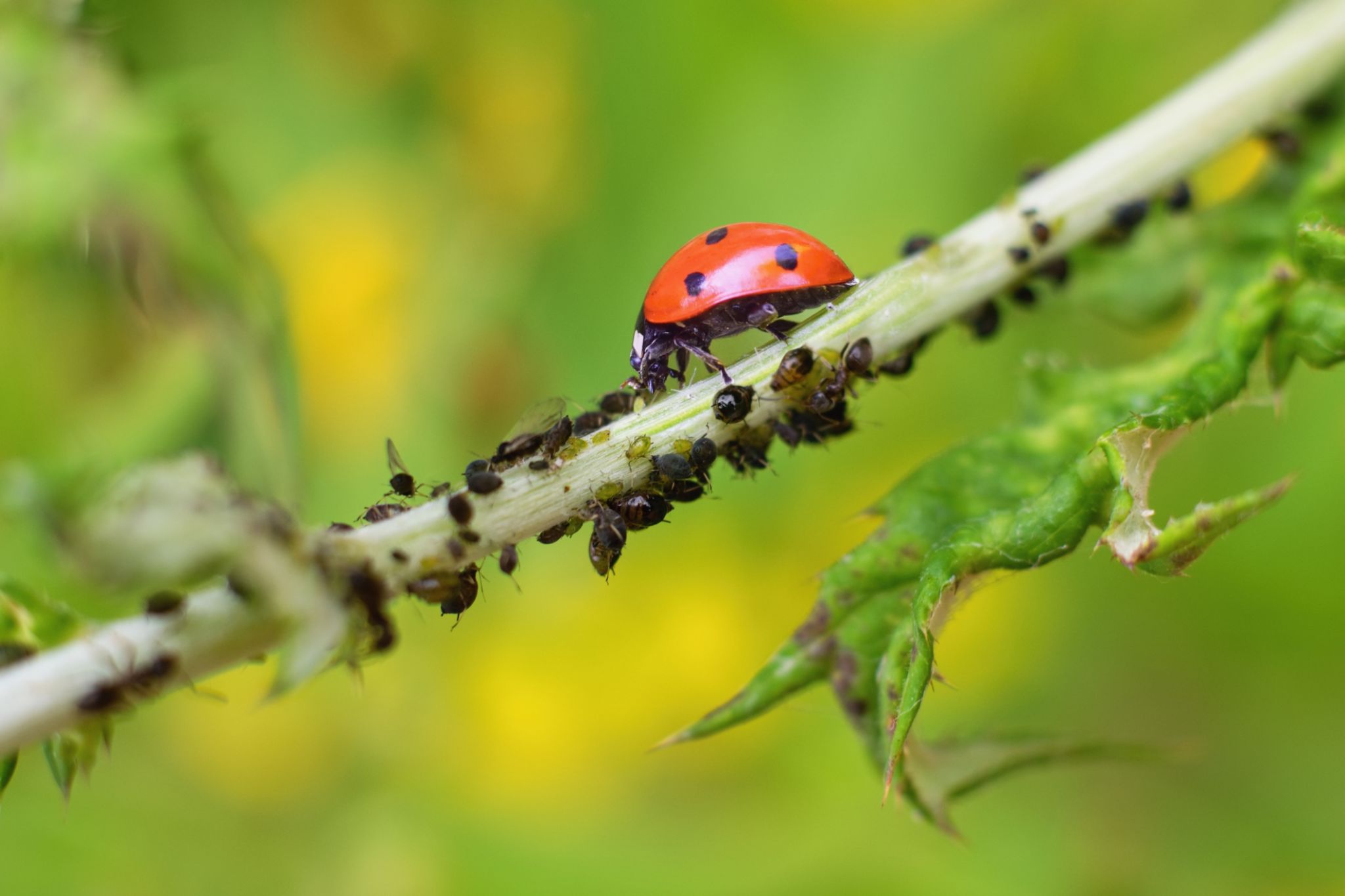The Ultimate Guide to Trending Organic Lawn Treatments
Understanding Organic Lawn Care
Organic lawn care is becoming increasingly popular as homeowners seek environmentally friendly ways to maintain lush, green lawns. Unlike traditional chemical treatments, organic methods focus on improving soil health and using natural products to nourish grass. This approach not only benefits the environment but also promotes a healthier outdoor space for you and your family.
One of the main principles of organic lawn care is working with nature, rather than against it. This means embracing natural processes and cycles, and understanding that a healthy lawn starts from the ground up. By focusing on soil health, you can create a strong foundation that supports vibrant grass growth.

Building Healthy Soil
The key to a thriving organic lawn is healthy soil. To start, conduct a soil test to determine its current condition and nutrient levels. This will help you identify any deficiencies and tailor your treatment plan accordingly. Organic fertilizers, which are made from natural materials like compost or bone meal, can be used to enrich the soil with essential nutrients.
Another important aspect of soil health is maintaining its structure and moisture balance. Aerating the lawn helps improve air circulation and water infiltration, while topdressing with compost can enhance soil texture and nutrient content. These practices encourage root development and create an environment where grass can flourish.

Choosing Natural Lawn Treatments
There are several organic treatments available for common lawn issues such as weeds, pests, and diseases. For weed control, consider using corn gluten meal, a natural pre-emergent herbicide that inhibits seed germination. Regular mowing and maintaining a thick turf can also help prevent weed growth by reducing the space available for them to establish.
To manage pests organically, introduce beneficial insects like ladybugs or use neem oil as a natural pesticide. Neem oil disrupts pest life cycles without harming beneficial organisms or the environment. For disease management, applying compost tea can boost beneficial microbial activity in the soil, helping plants resist infections.

Implementing Sustainable Practices
Beyond treatment products, adopting sustainable lawn care practices is crucial for long-term success. Watering deeply but infrequently encourages deep root growth, making your lawn more drought-resistant. It’s also important to mow at the correct height; keeping grass slightly taller shades the soil, retains moisture, and reduces weed competition.
Mulching grass clippings rather than bagging them returns valuable nutrients to the soil and reduces waste. Additionally, rotating mowing patterns can prevent soil compaction and promote even growth. By implementing these practices, you can maintain a healthy lawn with minimal environmental impact.

The Benefits of Organic Lawn Care
Organic lawn care offers numerous benefits beyond just environmental preservation. It creates a safer space for children and pets to play, free from harmful chemicals. Moreover, promoting biodiversity in your lawn ecosystem supports local wildlife and enhances your garden's resilience to pests and diseases.
While transitioning to organic methods may require patience and a bit of learning, the long-term rewards are worth the effort. A thriving organic lawn not only looks beautiful but also contributes positively to the environment and your overall well-being.